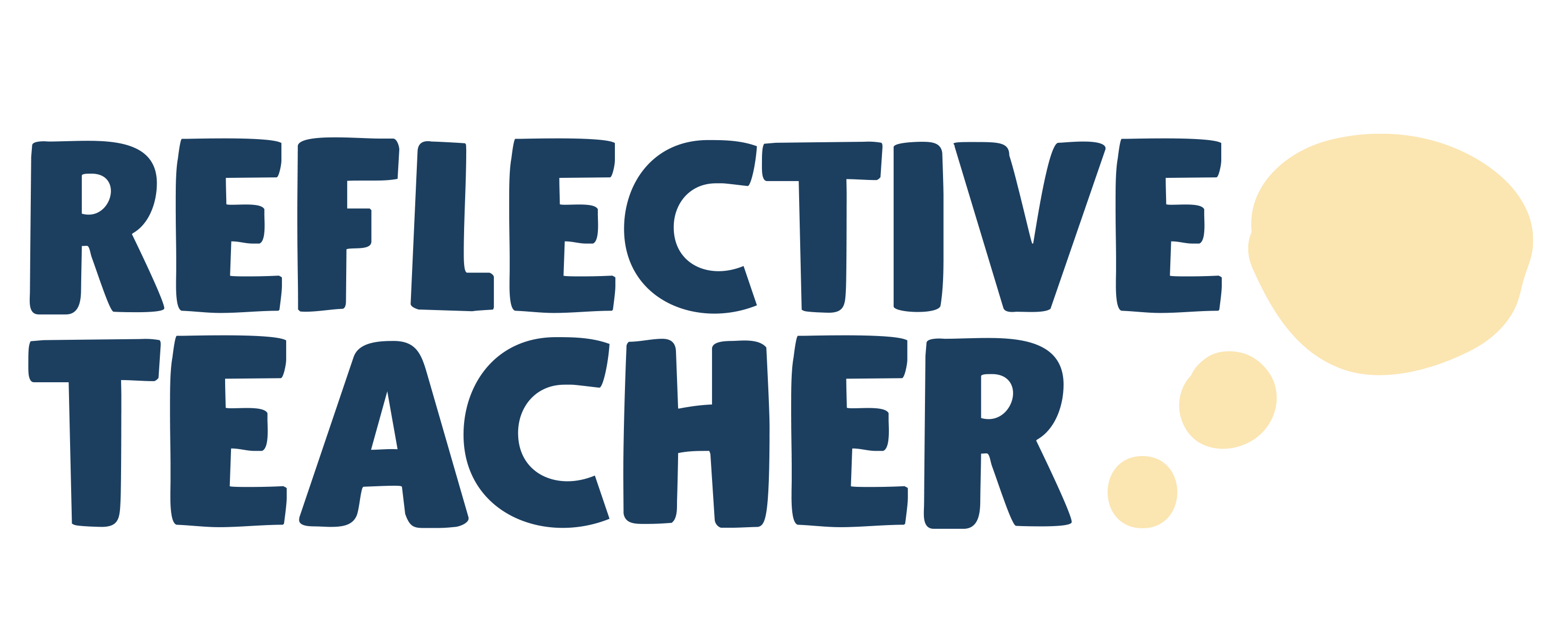Introduction: The Reflection Struggle is Real 😩
Teacher reflection. It’s supposed to be this magical tool that helps us improve, grow, and ultimately become better educators. But let’s be honest—sometimes, it just feels like another box to tick.
We get it. You’re juggling lesson planning, marking, meetings, and maybe even trying to have a life outside of school (wild, right? 😂). So when someone asks you to “reflect” on your lesson, the first thought is often: Why?
If you’ve ever felt like reflection is a pointless chore rather than a meaningful exercise, you’re not alone. Let’s break down why this happens and, more importantly, how to fix it.

1. Reflection Often Feels Like a Time-Waster ⏳
Time is a teacher’s most valuable (and scarce) resource. Between grading and actually teaching, there’s barely a minute left to breathe, let alone reflect. When reflection feels like yet another administrative task, it gets pushed to the bottom of the priority list.
Fix It: Make it quick and meaningful. Try micro-reflections—set aside just two minutes to jot down one success and one challenge from your lesson. Short and sweet!
2. It Feels Like Talking to Yourself 🤔
Reflection can feel isolating. You write down thoughts, but no one gives feedback, and there’s no real discussion. If no one is engaging with your reflections, they start to feel pointless.
Fix It: Find a reflection buddy! Team up with a colleague to share insights and feedback. If that’s not possible, try an online teacher community where you can exchange experiences.
3. There’s No Clear Purpose 🛠️
Many teachers reflect because they have to, not because they want to. If there’s no clear goal, it feels like you’re just going through the motions.
Fix It: Tie your reflections to student outcomes. Instead of reflecting broadly on a lesson, focus on specific areas—Did students grasp the concept? What worked? What didn’t?
4. It’s All About the Problems, Not the Wins 🤦♂️
Teachers tend to be their own worst critics. If reflections only highlight what went wrong, it can feel more discouraging than helpful.
Fix It: Balance the negatives with positives. Celebrate small wins—whether it’s a student finally mastering a concept or just staying engaged throughout the lesson. Positivity fuels motivation!
5. It’s Hard to Remember Lesson Details 🎤
By the time you sit down to reflect, half the lesson has faded from memory. Important moments get lost, making the process feel less effective.
Fix It: Use voice notes! Right after class, record a quick memo on your phone. It’s faster than writing and captures your immediate thoughts.
6. There’s No Actionable Follow-Up 📊
Reflection without action is just venting. If nothing changes after reflecting, what’s the point?
Fix It: Set a goal. Each time you reflect, choose one small, actionable step to implement in your next lesson. Small tweaks add up to big improvements over time!
7. There’s No Recognition for Reflecting 🏆
Let’s be real—if reflections don’t contribute to professional growth or recognition, they can feel like a waste of effort.
Fix It: Share reflections with your leadership team or mentor. When reflection is part of professional development discussions, it gains real value.
8. Reflection Doesn’t Fit Your Teaching Style 📝
Not every teacher thrives with traditional written reflections. Some prefer discussions, while others process best through video or audio.
Fix It: Find what works for you! Try recording videos, discussing reflections with a colleague, or using an app designed for teacher reflection.
9. It’s Hard to See the Impact 🌟
If you don’t see tangible benefits from reflecting, motivation dwindles.
Fix It: Track progress. Keep a reflection journal and revisit past entries. Seeing growth over time makes reflection feel worthwhile!
10. The School Culture Doesn’t Support Reflection 🛂
If your school doesn’t encourage reflection, it can feel like an isolated task rather than an integral part of teaching.
Fix It: Advocate for structured reflection. Encourage leadership to provide time and tools for effective reflective practices. A culture that values reflection makes it far more meaningful!
Final Thoughts: Make Reflection Work for You 🎉
Reflection shouldn’t feel like a chore. When done right, it’s a powerful tool that helps you grow as a teacher and improve student learning.
By making small changes—like finding the right method, keeping it brief, and tying it to real outcomes—you can transform reflection from a boring obligation into an essential part of your teaching journey.
So, next time you’re tempted to skip reflection, remember: it’s not about perfection—it’s about progress! 🚀🌟
Start your year by joining the ReflectiveTeacher community. Visit ReflectiveTeacher’s Official Website for more information and to download the app. Follow us on Twitter, Instagram, and LinkedIn for the latest updates and insights from educators around the globe. We offer a 30 day free trial to any school of any size to give ReflectiveTeacher a test drive.



Comments are closed